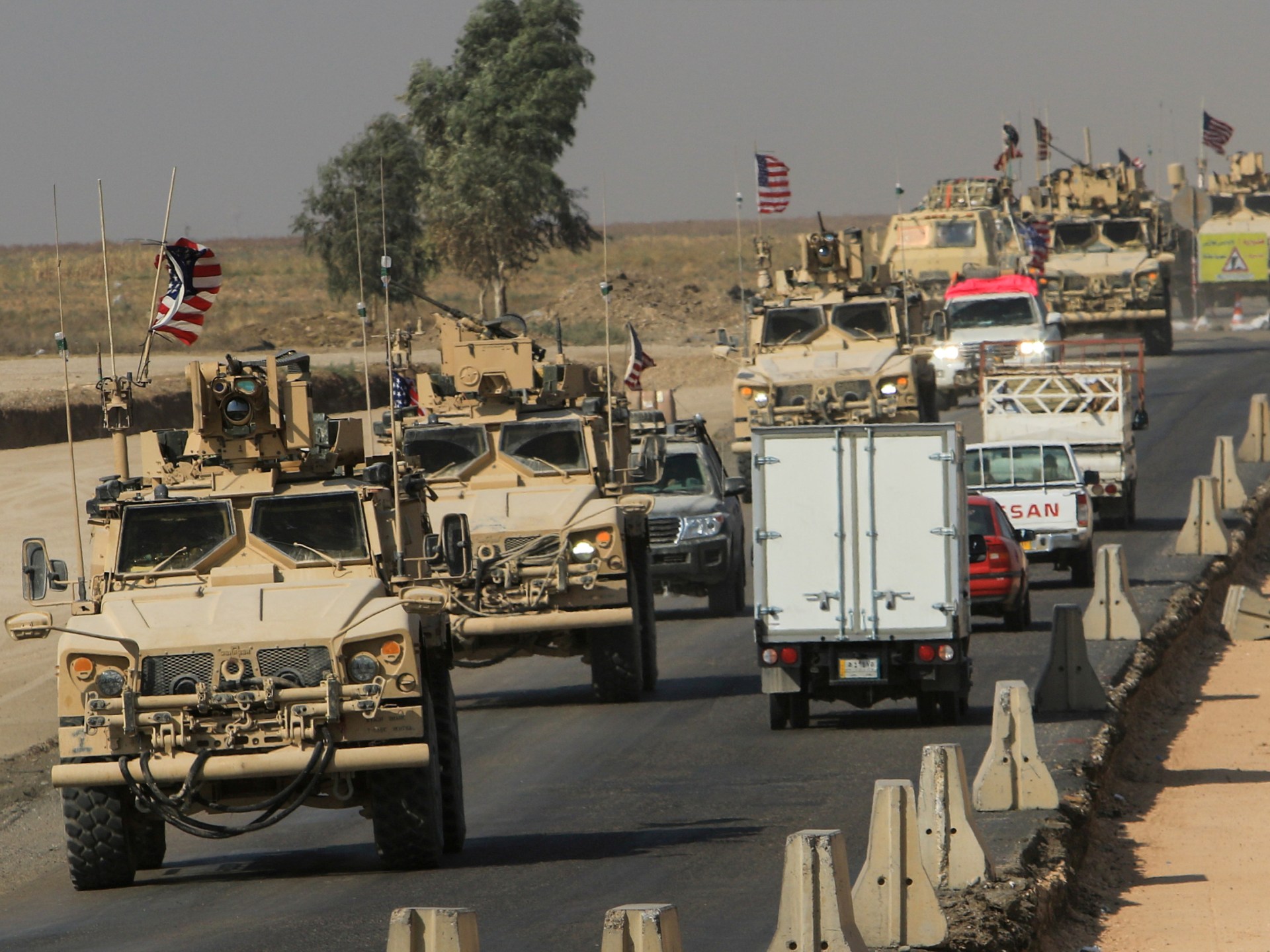The Washington Post has published an exclusive report that Iran is arming pro-Iran factions in Syria for a new phase of deadly attacks against U.S. forces there, while also working with Russia on a strategy to drive Americans out of the region, according to intelligence officials and leaked classified documents.
According to classified intelligence reports obtained by the newspaper, Iran and its allies are recruiting and training troops to use more powerful, armor-piercing explosives to attack U.S. military vehicles and kill U.S. soldiers.
Such attacks would mark an escalation of Iran's long-running campaign of using proxy militias to launch missile strikes and using drones against U.S. forces in Syria.
According to one intelligence report, officials in the IRGC-QF unit directed and supervised the test of one of the improvised explosive devices, which reportedly penetrated the armor of a tank, in a test conducted in late January in the city of Addameer, east of the Syrian capital, Damascus.
According to a secret intelligence assessment prepared last January, Russian, Iranian and senior Syrian military and intelligence officials met in November 2022 and agreed to establish a "coordination center" to guide the campaign.
According to the newspaper, the document, which is part of a trove of classified material leaked on the Discord messaging platform, appears to be based on communications intercepted by pro-Iranian Syrian and Lebanese factions.
Fueling mass resistance
The leaked documents describe plans for a broad campaign by U.S. opponents that include stoking mass resistance and supporting a grassroots movement for attacks against Americans in eastern and northeastern Syria.
According to a confidential intelligence assessment prepared in January, senior Russian, Iranian, and Syrian military and intelligence officials met in November 2022 and agreed to establish a "coordination center" to guide the campaign.
There was no indication in the documents of direct Russian involvement in planning the bombing campaign, but the leaked documents point to Moscow's more active role in the broader anti-American effort.
In the months since the leaked documents were written, Russia has engaged in new provocations against U.S. forces, including violating de-escalation agreements.
Although Russia's alliance with Iran has been strengthened since the start of Russia's war on Ukraine, Russian and Iranian leaders have conflicting ideas about managing Syria after the war.
One of the leaked documents suggests that Russia's relationship with Iran has been a source of contention between the two governments, and that Iran has repeatedly complained of being excluded from Russian-led negotiations with Turkey on a proposed permanent settlement to the conflict.

